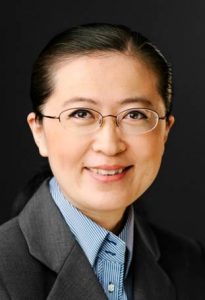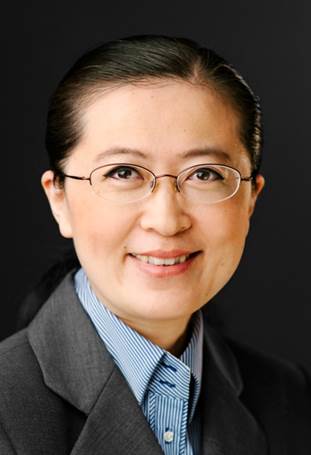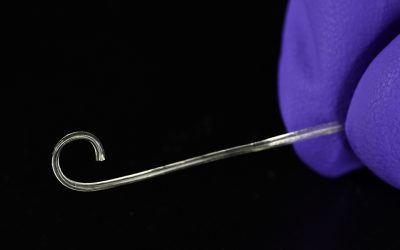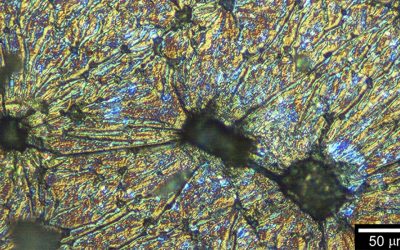 The advisory board of Macromolecular Chemistry and Physics provides you with a selection of the best papers published in the journal in 2016.
The advisory board of Macromolecular Chemistry and Physics provides you with a selection of the best papers published in the journal in 2016.
Find here Prof. Bin Liu’s choice for the three best journal papers:
Polymer Photocatalysts for Water Splitting: Insights from Computational Modeling
by Pierre Guiglion, Cristina Butchosa; Martijn A. Zwijnenburg
Investigations in Fundamental and Applied Polymer Mechanochemistry
by Michael B. Larsen, Andrew J. Boydston
Recent Advances in Alkyne-Based Multicomponent Polymerizations
By Rongrong Hu, Weizhang Li, Ben Zhong Tang
“Based on insights from computational chemistry calculations, Martijn A. Zwijnenburg and his coworkers discussed the ability of polymers to act as water splitting photocatalysts for the production of renewable hydrogen from water and sunlight. The role of exciton dissociation in these materials is highlighted and the influence of polymer chain length and chemical composition on polymer photocatalytic activity is discussed. Polymer photocatalyst for water-splitting is a relatively young field but with potentials” said Bin.
“We recommend the article by Andrew J. Boydston and his colleagues due to the rapid growth of polymer mechanochemistry over the past decade. The authors summarized the development of force-activated functional groups (mechanophores) and polymer structure-reactivity principles for mechanochemical transduction. Interesting examples such as flex activated mechanophores for small molecule release and mechanochemically triggered depolymerization and 3D printed mechanochromic materials are discussed.”
“Ben Zhong Tang et al. present in their contribution an emerging field of polymer chemistry. Multicomponent polymerization has the advantages of high efficiency, mild reaction condition, atom economy, which provides an easy access to a library of polymers with facilely tunable structures. The authors highlight their new discoveries of multicomponent tandem polymerization with two or more steps combined in a one-pot procedure and the new trend of pursuing catalyst-free multicomponent polymerization.”
Bin Liu is Professor at the National University of Singapore. Her research is focused on the development of organic functional materials with optimized structure and functionality for biomedical and energy applications. She is a member of the International Advisory Board of Macromolecular Chemistry and Physics.

















